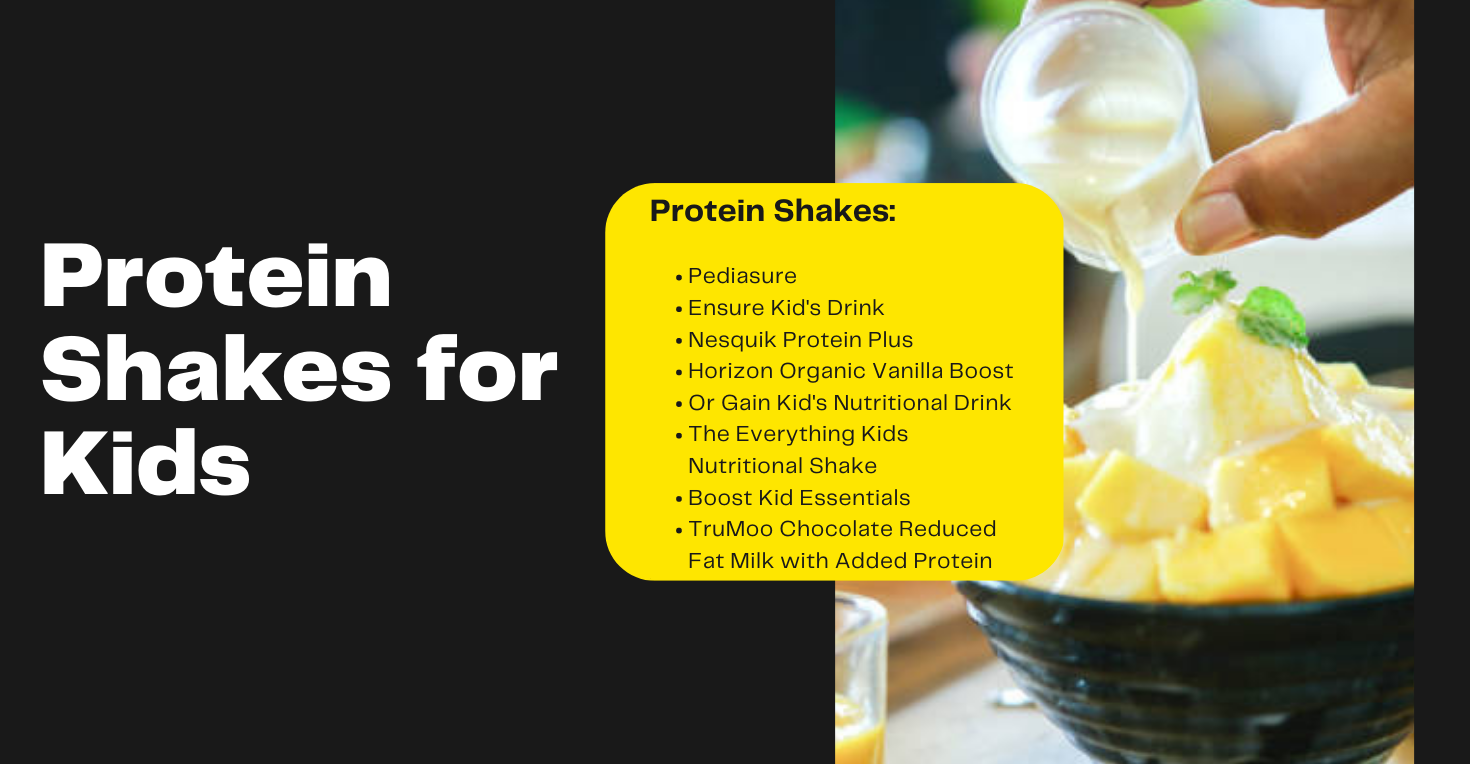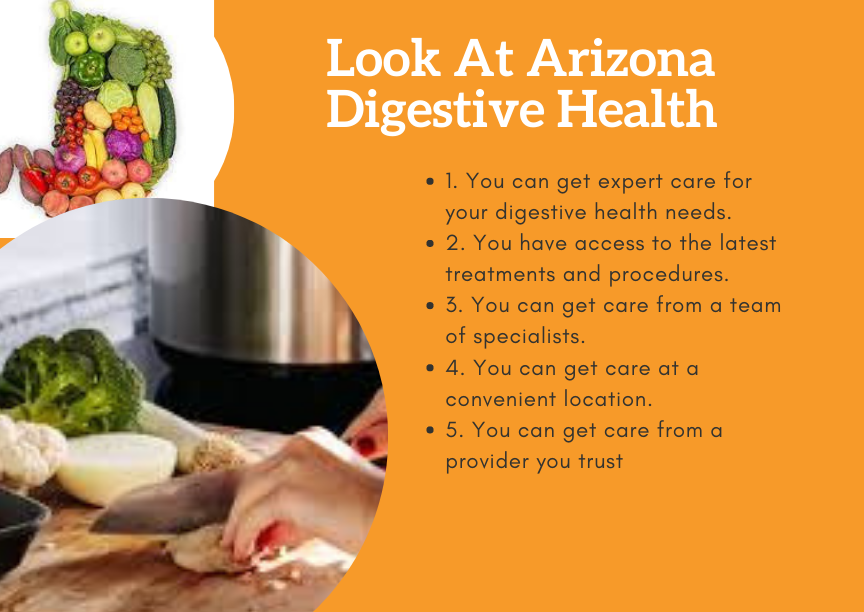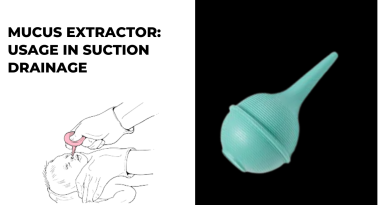2023’s best Protein Shakes for Kids: Keep Them Healthy and Energized!
Protein Shakes for Kids are a great way to keep kids healthy and energized. They are packed with nutrients and protein, which are essential for growing bodies. There are many different brands and flavors of protein shakes, so it can be difficult to choose the best one for your child. Here is a list of the best protein shakes for kids in 2023:
1. Shakeology Kid’s Chocolate Protein Shake: This shake is made with organic ingredients and is free of artificial sweeteners. It contains 15 grams of protein per serving, making it a great option for active kids.
2. Vega One Nutritional Shake: This shake is dairy-free and vegan-friendly. It contains 20 grams of protein per serving, as well as vitamins, minerals, and antioxidants.
3. Orgain Organic Kids Protein Shake: This shake is USDA certified organic and contains no artificial flavors or colors. It has 16 grams of protein per serving, making it a perfect snack or meal replacement for growing kids.
4. Premier Protein Chocolate Chip Cookie Dough Protein Shake: This shake tastes like a delicious cookie dough milkshake, but it’s actually packed with 30 grams of protein per serving! It’s a great way to get kids to consume more protein without even realizing it.
5. Muscle Milk Vanilla Creme Protein Shake: This shake contains 25 grams of protein per serving, making it an ideal post-workout recovery drink for active kids. It also tastes great and comes Here are some protein shakes that are marketed specifically for active kids and athletes:
- Pediasure Sport
- Muscle Milk Kids Protein Shake
- Optimum Nutrition Pro Gainer for Kids
- Gatorade G-Kids Protein Shake
- Naturade Kids Protein
- BSN SYNTHA-6 Edge Kids Protein Powder
- Quest Kids Protein Powder
- Ghirardelli Chocolate Milk Protein Powder
- MusclePharm Combat Protein Powder for Kids
- Vega Sport Protein Powder for Kids
As with all protein supplements, it’s important to check with a healthcare professional before giving them to your child. The need for additional protein, as well as the appropriate amount, will depend on your child’s age, weight, activity level, and overall health.
Protein shakes for toddlers
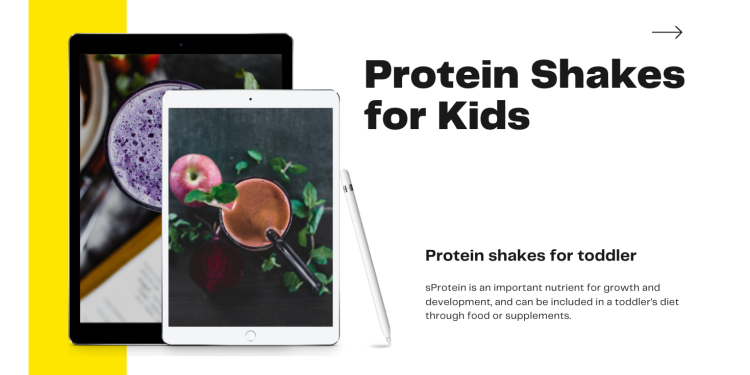
- Gerber Good Start Gentle Powder Infant Formula with Iron
- Earth’s Best Organic Toddler Formula
- Similac Pro-Advance Non-GMO Infant Formula
- Enfamil Infant Formula with Iron
- Plum Organics Stage 2 Organic Baby Food Pouches
It’s always a good idea to consult with a pediatrician before giving your toddler any new food or drink, including protein supplements, to make sure it’s safe and appropriate for their individual needs. Additionally, whole foods such as dairy, eggs, poultry, and beans can also provide protein in a toddler’s diet.
Protein shakes for toddlers to gain weight
If you do decide to give your toddler a protein shake, here are a few options that are formulated specifically for young children:
- Pediasure
- Ensure Kid’s Drink
- Nesquik Protein Plus
- Horizon Organic Vanilla Boost
- Or Gain Kid’s Nutritional Drink
- The Everything Kids Nutritional Shake
- Boost Kid Essentials
- TruMoo Chocolate Reduced Fat Milk with Added Protein
It’s always important to check with a healthcare professional before giving your child any new food or drink, including protein supplements, to make sure it’s safe and appropriate for their individual needs.
Protein shakes for picky eaters
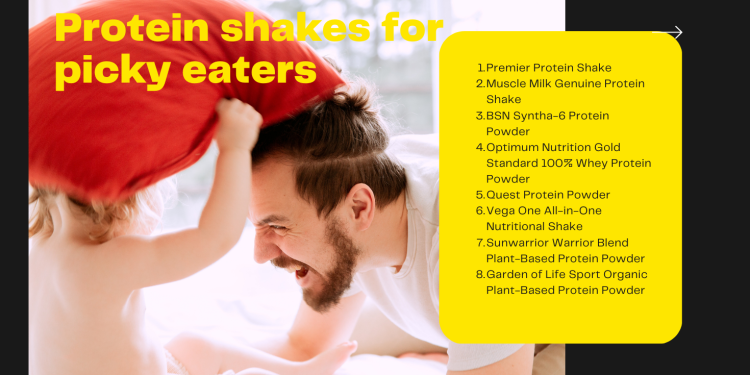
- Premier Protein Shake
- Muscle Milk Genuine Protein Shake
- BSN Syntha-6 Protein Powder
- Optimum Nutrition Gold Standard 100% Whey Protein Powder
- Quest Protein Powder
- Vega One All-in-One Nutritional Shake
- Sunwarrior Warrior Blend Plant-Based Protein Powder
- Garden of Life Sport Organic Plant-Based Protein Powder
It’s always a good idea to check with a healthcare professional before giving your child any new food or drink, including protein supplements, to make sure it’s safe and appropriate for their individual needs. Additionally, it may also be helpful to involve your child in the selection process and let them choose their favorite flavor or ingredients to help increase their excitement and willingness to try it.
Can kids drink protein shakes
In general, protein shakes that are formulated specifically for kids and made with high-quality ingredients can be safe for most children over the age of 2. However, it’s important to keep in mind that children have unique nutrient needs and that protein supplements should not replace a well-balanced diet that includes a variety of whole foods. Additionally, it’s always a good idea to check the ingredients and calorie count of any protein shake before giving it to your child to make sure it’s safe and appropriate for their individual needs.
Can my child drink protein shakes?
In general, protein shakes that are formulated specifically for kids and made with high-quality ingredients can be safe for most children over the age of 2. However, it’s important to keep in mind that children have unique nutrient needs and that protein supplements should not replace a well-balanced diet that includes a variety of whole foods. Additionally, it’s always a good idea to check the ingredients and calorie count of any protein shake before giving it to your child to make sure it’s safe and appropriate for their individual needs.
It’s also worth noting that some children may have an allergy or intolerance to certain ingredients, such as lactose or soy, so be sure to check the label and speak with a healthcare professional if you have concerns.
What age can a child have protein shakes?
It’s important to keep in mind that children have unique nutrient needs and that protein supplements should not replace a well-balanced diet that includes a variety of whole foods. Additionally, it’s always a good idea to check the ingredients and calorie count of any protein shake before giving it to your child to make sure it’s safe and appropriate for their individual needs.
It’s also worth noting that some children may have an allergy or intolerance to certain ingredients, such as lactose or soy, so be sure to check the label and speak with a healthcare professional if you have concerns.
Which protein is best for kids?
- Whey protein: Whey protein is a complete protein that is easily absorbed and is a good source of essential amino acids. It is often used in protein supplements for kids because of its high quality and availability.
- Casein protein: Casein protein is another dairy-based protein that is slow to digest and may be a good option for kids who need to maintain a consistent source of protein throughout the day.
- Soy protein: Soy protein is a plant-based protein that is a complete protein and a good alternative for kids who are lactose intolerant or have a dairy allergy.
- Pea protein: Pea protein is another plant-based protein that is a good alternative for kids who are lactose intolerant or have a dairy allergy.
- Rice protein: Rice protein is a plant-based protein that is often used as an alternative for children with allergies or sensitivities to soy or dairy.
It’s important to keep in mind that some protein supplements may contain added sugars or artificial ingredients, so be sure to check the label and speak with a healthcare professional to determine what’s best for your child’s individual needs.
Can kids drink protein shakes to gain weight?
It’s also important to ensure that any weight gain is healthy and gradual, and that it is the result of a balanced diet that includes a variety of nutrient-dense whole foods, and not just protein shakes. A diet that is high in processed foods and added sugars can be unhealthy, even if it is calorie-dense.
Additionally, some protein shakes may contain added sugars or artificial ingredients, so it’s important to check the label and choose a protein shake that is made with high-quality ingredients. The calorie count and macronutrient ratios of the protein shake should also be considered to ensure that it fits into a balanced diet.
If you’re considering using protein shakes to help your child gain weight, it’s always a good idea to speak with a pediatrician or a registered dietitian to ensure that the approach is safe and appropriate for your child’s individual needs.
